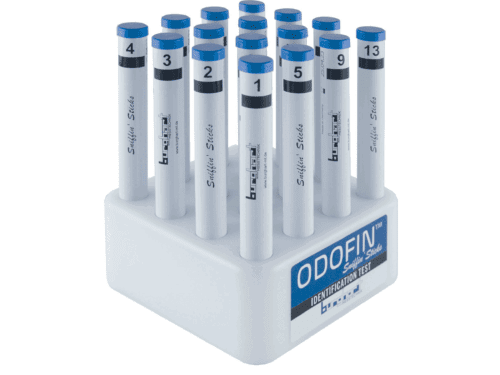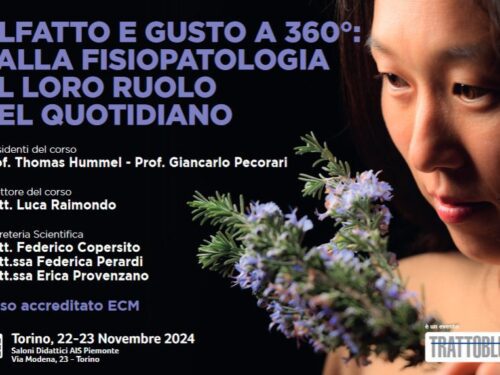
Imagine being unable to smell roses but perfectly able to enjoy the aroma of freshly brewed coffee. This selective loss of smell is called specific anosmia, a fascinating and often overlooked condition. Unlike general anosmia, where the sense of smell is entirely absent, specific anosmia refers to the inability to detect specific odors while the rest of the olfactory system functions normally.
the inability to perceive a specific odor
What causes specific anosmia?
Specific anosmia is typically linked to genetics. Certain odor molecules, such as androstenone (a compound found in sweat and pork), require specific olfactory receptors to be detected. If someone lacks the genetic code for a receptor, they may be “blind” to that particular scent. This isn’t due to a problem with the nose or brain but rather a missing “key” to unlock the smell.
Interestingly, some cases can be trained away. For example, repeated exposure to the odor over time has been shown to help some people start detecting scents they were previously anosmic to, suggesting the brain’s incredible adaptability. This is the same reason why smell training can help when losing your sense of smell.
Why does it matter?
While it may seem minor, specific anosmia can affect everyday experiences. Take food and wine tasting, for instance—certain flavors are heavily influenced by aroma, so missing a key note could alter how someone perceives the taste. Additionally, it might impact how people interact socially, as some scents (like pheromones) play a role in nonverbal communication.
How can you tell if you have this form of anosmia?
Curious whether you have this condition? It’s simple to test. Many studies use androstenone as a benchmark. Smell a product that contains it (like boar-taint pork or synthetic androstenone samples) and compare your experience with others. If you’re left sniffing in confusion while others wrinkle their noses, you might just have specific anosmia.
Scientific publications
In a study from 2016, 1600 people were tested and it revealed that specific anosmia is not rare at all. In contrast, the general likelihood for specific anosmia approaches 1. In addition, specific anosmia can be very well reversed by “smell training” during the course of 3 months. To summarize, specific anosmia seems to be a rule, not an exception, of olfactory sensation. The lack of perception of certain odors may constitute a flexible peripheral filter mechanism, which can be adapted by exposure to odors. Read the full publication on Pubmed: https://pubmed.ncbi.nlm.nih.gov/26879880/
Embracing the uniqueness of your nose
This is a reminder of how diverse and specialized our sensory experiences can be. If you suspect you have it, embrace the uniqueness of your olfactory world. After all, what you can’t smell might not hurt you—but it could make you appreciate the scents you do detect even more.






